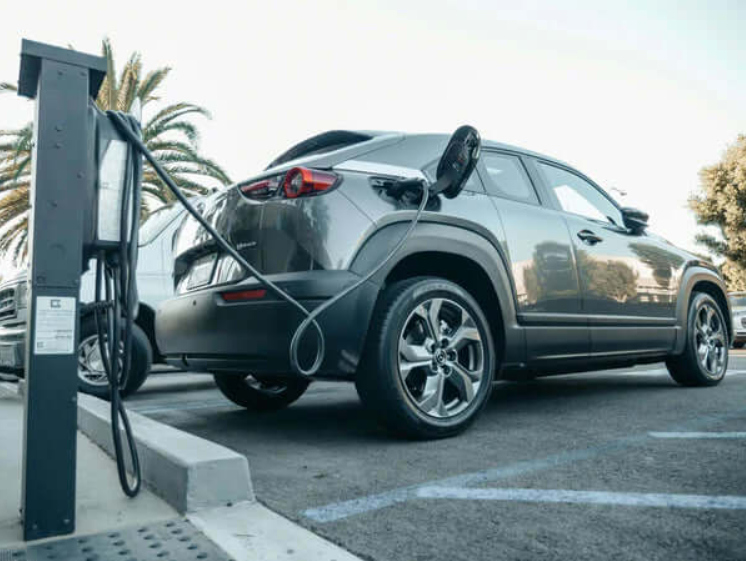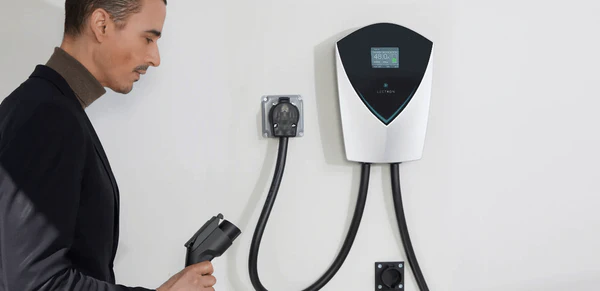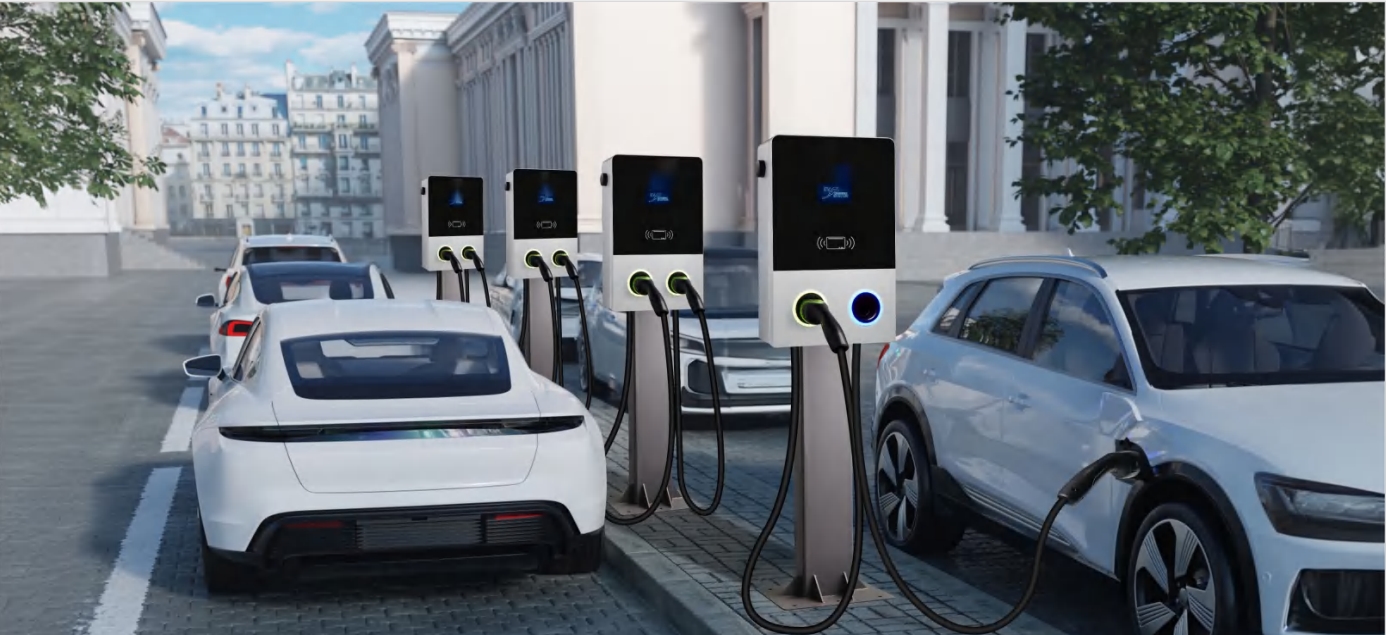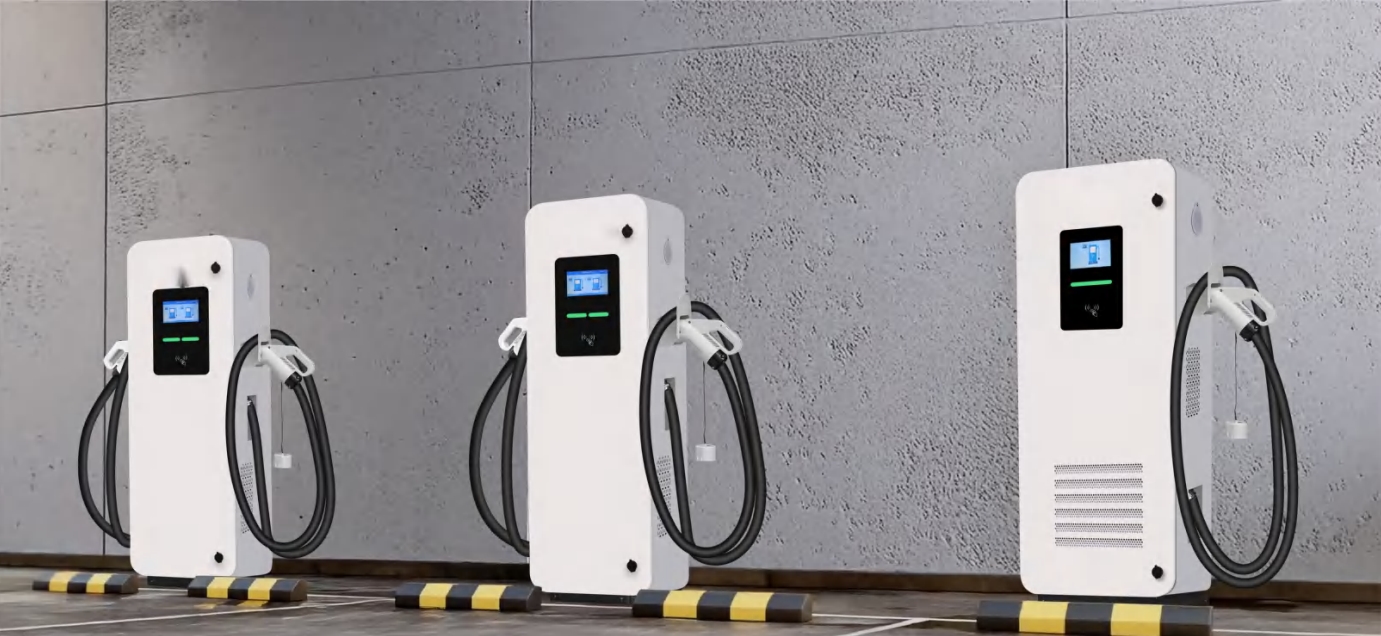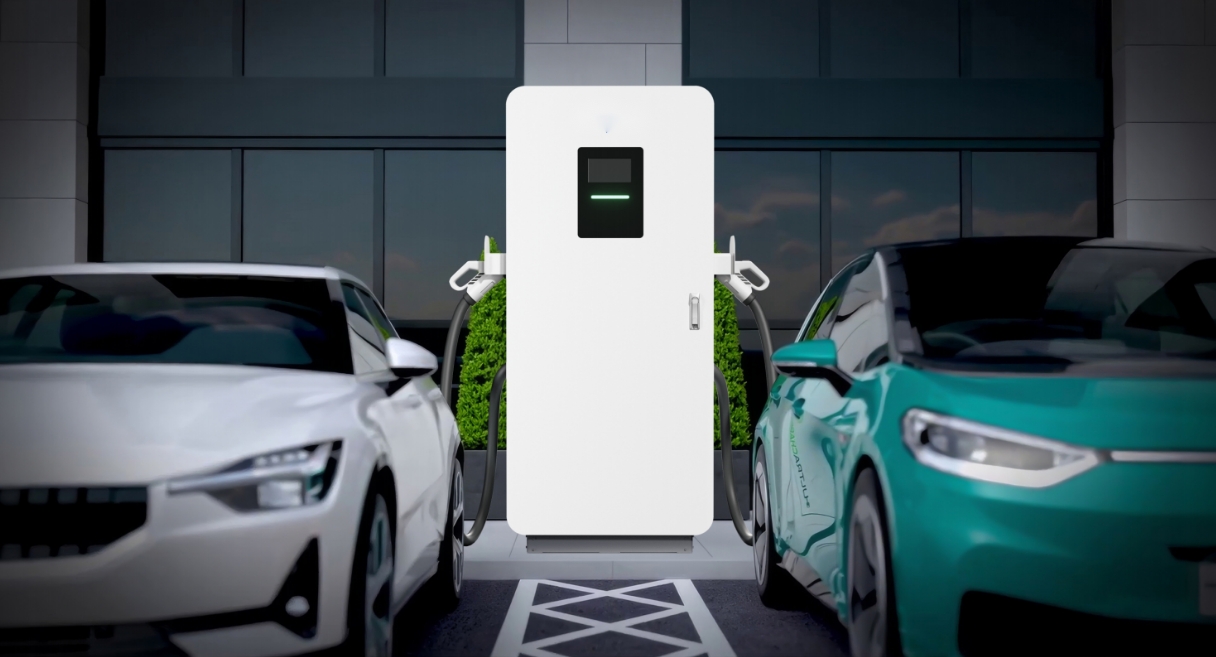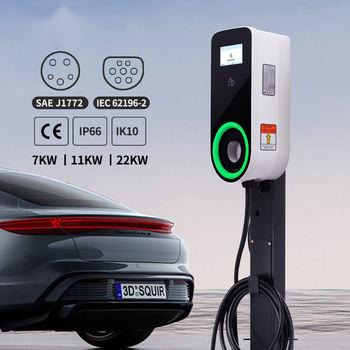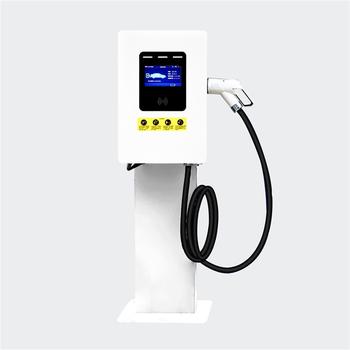480v Charging Station: A Game-Changer for EV Enthusiasts
What is a 480v Charging Station?
A 480v charging station is a high-power electric vehicle charger designed to deliver rapid charging through Direct Current (DC). Unlike standard chargers, which typically operate at lower voltages, these stations provide a much faster and more efficient charging experience.
- Key Features: High-voltage operation, built-in safety mechanisms, compatibility with various EV models.
- Primary Purpose: To charge EVs in a fraction of the time required by lower-voltage chargers.
Types of 480v Charging Stations
- Fast DC Chargers: Ideal for quick top-ups, often found at public charging stations.
- Level 3 Chargers: Specifically designed for commercial and industrial applications.
- Portable 480v Chargers: Compact options suitable for fleet operators or emergencies.
How 480v Charging Stations Work
480v charging stations operate on the principles of high-voltage DC transfer:
- Power Flow: Converts AC power from the grid into DC for rapid delivery.
- Efficiency: Direct current bypasses the vehicle's onboard converter, enabling faster charging.
- Safety: Equipped with thermal management systems and overcurrent protection to ensure secure operation.
Benefits of Using a 480v Charging Station
- Speed: Fully charges most EVs within 30-60 minutes.
- Convenience: Reduces downtime for drivers.
- Future-Proofing: Compatible with modern and upcoming EV technologies.
Installation Requirements
Proper installation is crucial for optimal performance:
- Electrical Setup: Requires a dedicated 480v power supply.
- Space: Adequate room for the charger and vehicle access.
- Professional Installation: Ensures compliance with local codes and safety standards.
Cost of 480v Charging Stations
- Price Range: $15,000–$50,000, depending on features and brand.
- Additional Costs: Installation, maintenance, and potential grid upgrades.
- Value Proposition: High upfront cost offset by long-term benefits, such as reduced energy costs and time savings.
Applications of 480v Charging Stations
- Residential Use: High-end home setups for EV enthusiasts.
- Commercial Use: Charging hubs for public access.
- Fleet Management: Essential for companies operating large EV fleets.
Energy Efficiency and Sustainability
By integrating renewable energy sources, such as solar or wind, 480v charging stations contribute to:
- Lower carbon emissions.
- Reduced dependency on fossil fuels.
- Support for a greener transportation ecosystem.
Popular Brands and Models
- Tesla Supercharger: Known for speed and compatibility within the Tesla ecosystem.
- ChargePoint Express Plus: Offers modularity and scalability.
- ABB Terra HP: Advanced cooling systems and high charging capacity.
Challenges and Limitations
- Cost: High initial investment can deter smaller businesses or individual buyers.
- Maintenance: Requires regular upkeep to ensure reliability.
- Access: Limited deployment in rural or underserved areas.
Safety Standards and Compliance
Adhering to industry regulations ensures the safety and reliability of these high-voltage chargers:
- UL certifications.
- Compliance with National Electric Code (NEC).
- Periodic inspections to maintain standards.
Future Trends in 480v Charging Technology
Exciting developments include:
- Battery Integration: Reducing strain on the grid during peak usage.
- Smart Grid Compatibility: Enables dynamic load balancing.
- Wireless Charging: Simplifies the user experience further.
How to Choose the Right 480v Charging Station
Factors to consider include:
- Compatibility: Ensuring the station works with your EV model.
- Reputation: Opting for trusted brands with proven performance.
- Cost-Efficiency: Balancing upfront costs with long-term benefits.
FAQs about 480v Charging Stations
-
How long does it take to charge an EV with a 480v charging station?
Typically, 30-60 minutes for most EVs. -
Can I install a 480v charging station at home?
Yes, but it requires professional installation and a dedicated power supply. -
Are 480v charging stations compatible with all EVs?
Most modern EVs support high-voltage charging; check your model's specifications. -
What is the cost difference between 480v and standard chargers?
480v chargers are significantly more expensive but offer faster charging times. -
Do 480v charging stations use more energy?
They use energy more efficiently, despite higher power consumption. -
Are these stations safe for daily use?
Yes, they include robust safety mechanisms and comply with strict regulations.
Investing in a 480v charging station is a forward-thinking decision for individuals and businesses committed to sustainability and efficiency. As technology continues to evolve, these chargers will play a pivotal role in the transition to a greener future.


 Phone
Phone Send Email
Send Email whatsapp
whatsapp Facebook
Facebook Youtube
Youtube


